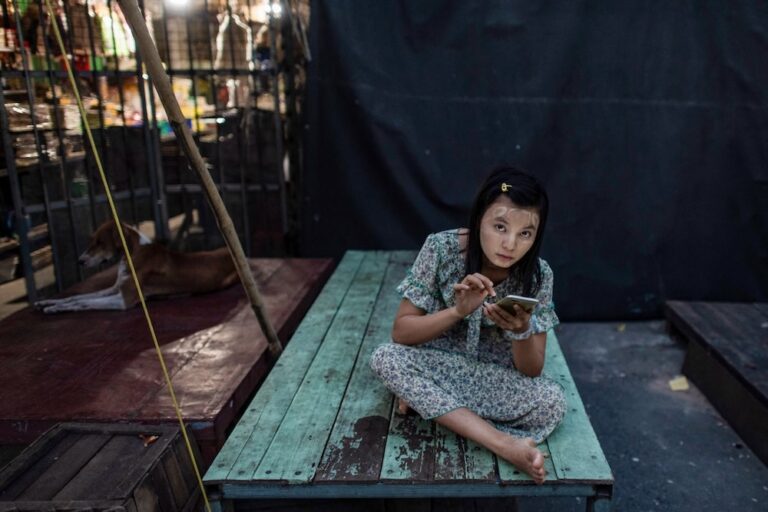The government of Burma was urged to immediately release all remaining political prisoners and lift travel and other restrictions on those freed.
(Human Rights Watch/IFEX) – Bangkok, September 17, 2012 – The government of Burma should immediately release all remaining political prisoners and lift travel and other restrictions on those freed, Human Rights Watch said today. Independent international monitors should be permitted unhindered access to Burma’s prisons to provide a public accounting of all remaining political prisoners.
Burmese President Thein Sein has issued three amnesties to more than 300 political prisoners in the last year, yet at least several hundred are believed to remain behind bars.
“The Burmese government is dragging its feet rather than fulfilling its promises to release all political prisoners,” said Phil Robertson, deputy Asia director at Human Rights Watch. “Donor countries promoting reform should actively press Burma to meet its human rights commitments by immediately freeing the remaining political prisoners and lifting all restrictions against them.”
Since July 2012, Human Rights Watch interviewed 12 recently released political prisoners from various ethnic groups who said that the Burmese government placed severe restrictions on them, including on their freedom of movement.
Burma’s Ministry of Home Affairs has refused to issue passports to many former political prisoners, including democracy and human rights activists, public interest lawyers, and journalists. Former political prisoners told Human Rights Watch they were informed by the ministry that they were ineligible to obtain a passport for a period of one year following their release, but provided no legal basis for this decision. One former prisoner said he had been denied a passport since his release in 2010, and that the Special Branch on two occasions in 2012 had interrogated him regarding his most recent passport application. Former political prisoners told Human Rights Watch this restriction has prevented them from travelling abroad to visit family, attend conferences, obtain education or training, and receive awards. The standard processing time for a passport in Burma is 21 days.
While several prominent former political prisoners have been given passports and traveled abroad, including Aung San Suu Kyi, Zargana, and blogger Nay Phone Latt, they are exceptions. On September 19, the 88 Generation democracy activist Min Ko Naing is due to receive the United States National Endowment for Democracy’s 2012 Democracy Award alongside four other prominent Burmese in Washington, DC. His passport application was initially denied and only later approved after his advocacy efforts. However, Min Ko Naing has refused to accept his passport until the applications of his 88 Generation colleagues, such as Ant Bwe Kyaw and Pyone Cho, are also approved. Since April 2012, the authorities have denied passports to at least 19 of the 88 Generation student activists.


